Service hotline
+86 0755-83975897
Release date:2024-04-03Author source:KinghelmViews:144
A filter is an electrical circuit or system used for processing signals, with its core function being to selectively manipulate signal frequencies, either by amplification, attenuation, or reshaping, to meet specific application requirements. Filters play an indispensable role in various fields such as modern electronic communications, audio processing, video processing, power management, and sensor signal processing.
Firstly, filters are capable of signal frequency selection. They can pass signals within a specific frequency range while attenuating or suppressing signals outside that range. This function finds widespread application in communication systems, audio processing, and video processing. For instance, in communication systems, filters adjust the frequency response of communication signals by filtering out unnecessary frequencies, thus enhancing communication quality.
Secondly, filters can amplify the amplitude of signals within specific frequency ranges, thereby improving signal quality. This functionality is particularly crucial in audio processing, where enhancing specific frequency components of audio signals can improve sound quality, making music more pleasant to listen to.
Moreover, filters have the capability to suppress unwanted signals within specific frequency ranges. By attenuating signals at certain frequencies, filters can effectively reduce interference and noise. In power management, for example, filters can efficiently remove noise and unwanted frequency components from power signals, ensuring stability and reliability.
Lastly, filters can alter the waveform, spectral characteristics, and magnitude response of signals to meet specific application requirements. In image processing, filters can be used to enhance or blur images, achieving aesthetic or special effects. In biomedical signal processing, filters can eliminate noise and interference from biological signals, improving signal accuracy and reliability.
In summary, the primary functions of filters involve frequency selection and shape adjustment to fulfill specific application requirements. Filters play a crucial role in communication, audio processing, video processing, power management, and sensor signal processing. With the continuous advancement of technology, the performance and application scope of filters continue to expand, bringing greater convenience and benefits to people's lives and work.

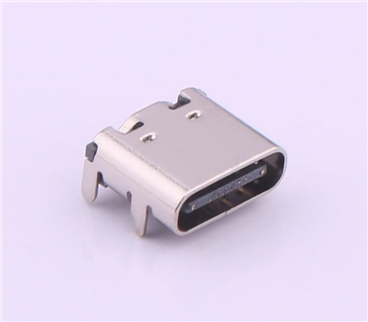
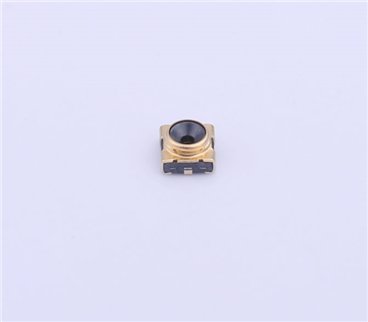
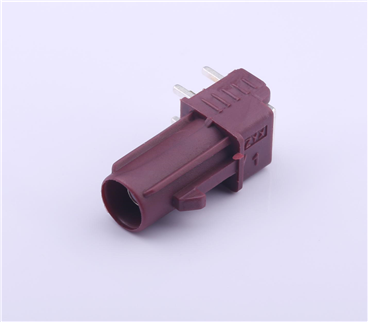
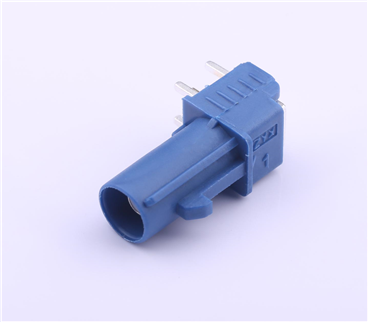
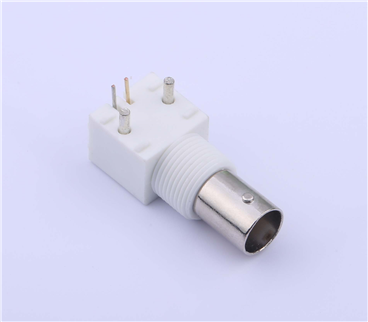
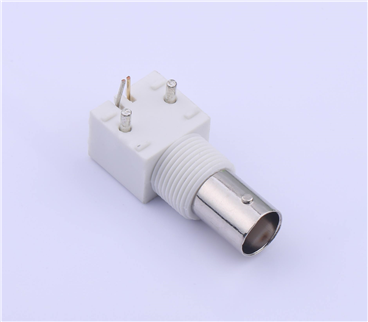
.jpg)
.jpg)
.jpg)
.jpg)
Copyright © Shenzhen Kinghelm Electronics Co., Ltd. all rights reservedYue ICP Bei No. 17113853